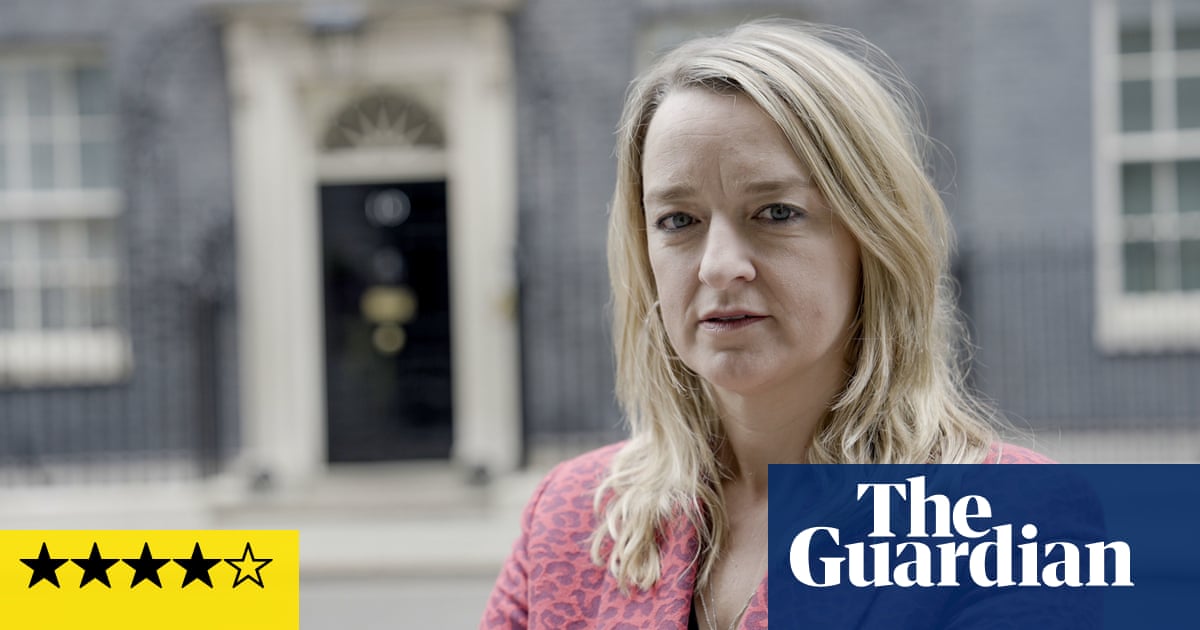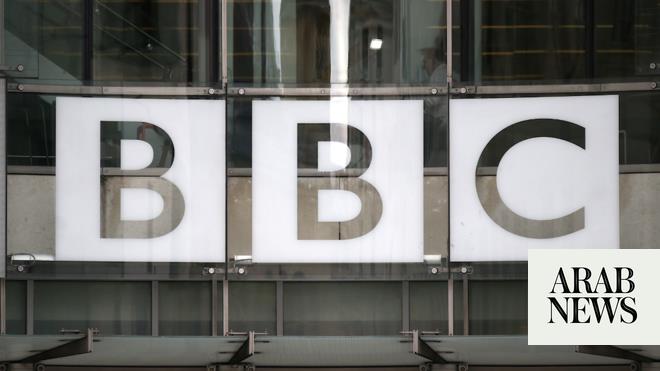
Chris Mason has been named as the BBC’s new political editor, replacing Laura Kuenssberg in one of the most prominent and powerful roles in British journalism.
The 41-year-old Yorkshire-born reporter has been at the BBC for 20 years, including a decade reporting on Westminster for television and radio. The role gives him an unparalleled ability to shape how the UK interprets Westminster politics – and the government’s policies. As a result, he will face enormous pressure from Downing Street and opposition parties who want to shape narratives to fit their agenda.
Mason only applied for the job a week ago, after BBC bosses abandoned the original recruitment process at the last minute and quietly reopened the vacancy to applications. He had been offered jobs by other rival outlets and the BBC was keen to keep him, with the likes of Times Radio previously attempting to secure his services.
He will take up the job at the end of May, replacing Kuenssberg who is moving to host the BBC’s main Sunday morning political interview programme. She held the job during one of the most challenging periods for the BBC’s political output, where it had to deal with unprecedented public scrutiny of its journalism and the style of its reporting on the government.
Mason said he was delighted to be taking on “the most extraordinary job in British broadcasting and journalism”.
He is currently host of BBC Radio 4’s Any Questions? but will step down from that position in the summer. He was previously part of the Brexitcast presenting team and was highly rated by the team at BBC Breakfast, where he did shifts as a stand-in presenter.
The journalist is in line for a substantial pay increase as a result of his promotion. In 2017 he publicly stated his salary was £60,000 a year and though he has taken on extra work since then, he remains below the £150,000-a-year threshold that requires the BBC to disclose an individual’s earnings. Kuenssberg was paid £260,000 for the job.
The BBC initially went through an extensive external recruitment process for the political editor, interviewing the likes of the Daily Mirror’s Pippa Crerar and the BBC’s Alex Forsyth to create an all-female shortlist.
Sky News’ Sophy Ridge and ITV’s Anushka Asthana made the final round of interviews, with one of them expected to get the role, only for the BBC’s bosses to reconsider their options at the last minute – with Ridge being considered as more of a presenter than a reporter. Although Mason did not originally apply for the position he was being offered jobs by external organisations, and in the past fortnight BBC bosses suggested he should put his name forward.
Last week applications were reopened for a few days – although this was not made public and the form was only accessible to people who already knew the web address, suggesting it may have been done mainly to allow Mason to apply. Interviews and the final announcement were then rushed through.
According to one individual with knowledge of the recruitment process, the BBC seemed unsure whether they wanted the next political editor to be an individual who would break big exclusives or a reporter who could competently summarise and analyse the news.
The BBC had been hurt after it missed out on most of the stories about the lockdown-busting parties in Downing Street, but in the end has gone with an individual who is seen internally as a safe pair of hands. The incoming BBC news CEO, Deborah Turness, is thought likely to have been consulted on the appointment as part of her vision for the broadcaster.
Mason said: “I clamber upon the shoulders of giants like Laura [Kunessberg], Nick [Robinson] and Andrew [Marr] with a smattering of trepidation and a shedload of excitement and enthusiasm. To lead the best team of journalists in the business on the best news patch of the lot is something I’d never even dared dream of. I can’t wait to get started.”












